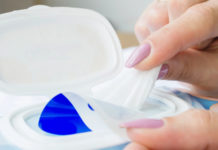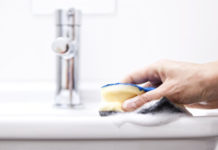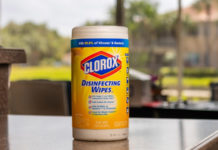Turn on the gadgets
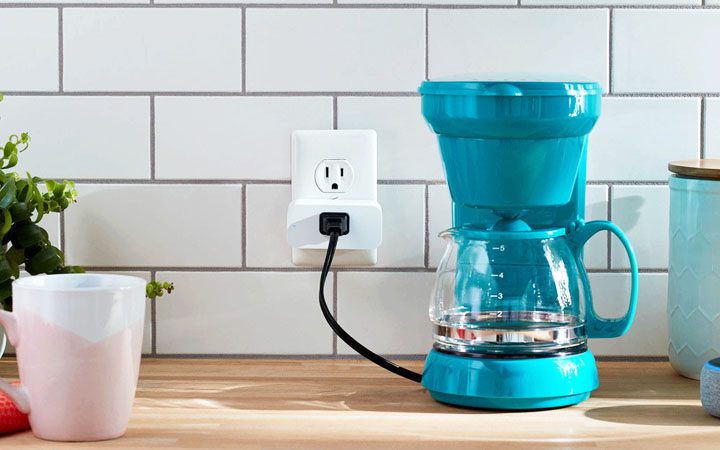 ©Kitchen Gadget Box
©Kitchen Gadget Box
If you want to clean a bigger kitchen tool that has blades, then don’t hurt yourself putting your hands where it might get cut. It may not even be that useful because it is hard to get the food stuck beneath them.
The best way to deal with these tools is to add dish detergent or soapy water to the gadget, and then turn them on to clean itself. In a few seconds, it will get completely clean and good as new. For coffee pots and slow cookers, you can add the soap water, let it sit for one hour while keeping them on low heat.
Avoid overloading the dishwasher
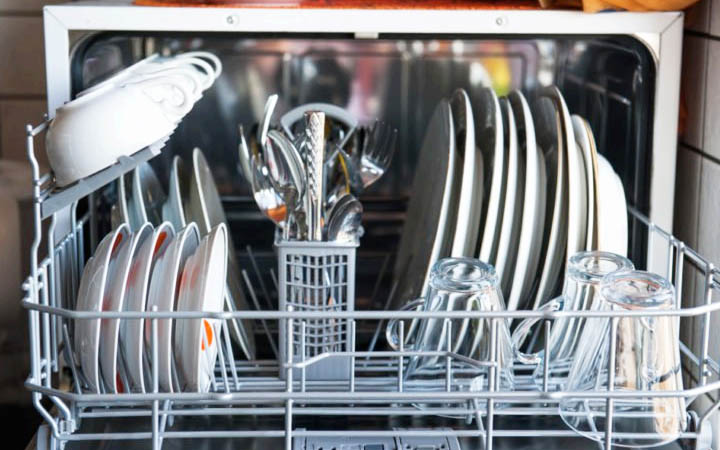 ©Reader’s Digest
©Reader’s Digest
Your dishwasher is great at washing all of your dirty plates and glasses, but it still doesn’t have a superpower. How do you expect it to wash them all clean when you have been overloading it?
The majority of washing machines use a specific amount of water in each cycle, which means there will not be enough water to clean the entire dishes, leading you to double the word or ending up doing them yourself.
[ads shortcode=”td_responsive3″]
Stop rinsing your plates
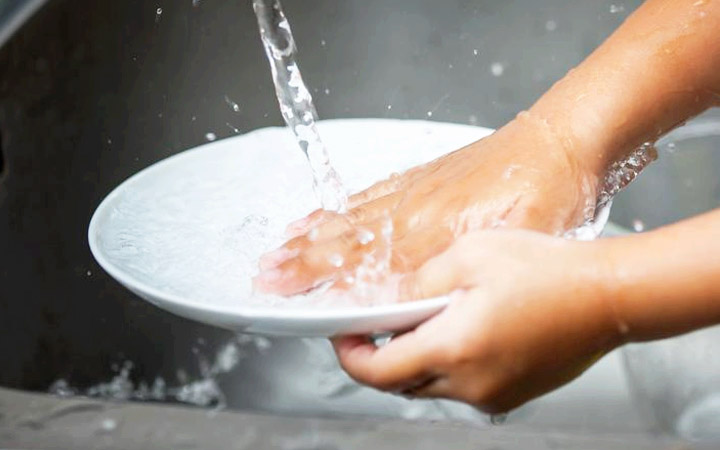 ©Curiosity
©Curiosity
This one goes for those who mainly use the washing machine: Before you put the dirty dishes into it, don’t rinse them. Instead, you should scrape the food off of them.
It is necessary to do this to help the dishes during its cycle because they could act as aggregates to the cleaning process, which is one more thing not to worry about as you are loading the dishes. As we mentioned before, your dishwasher machine doesn’t really have superpowers (yet!).
The power of lemon
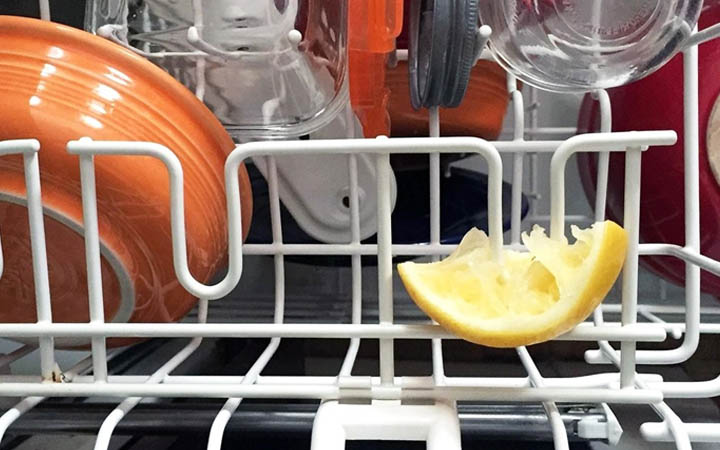 ©Food Hacks :: WonderHowTo
©Food Hacks :: WonderHowTo
Same as vinegar (or maybe more), lemon has some great cleaning power that can truly blow your mind. Once you know what it can do, you will never stop it.
Lemon can help you with the heavy grease and hard-to-remove stains easily. You can just put a lemon wedge in the dishwasher before you turn it on to add an extra sparkle to your dishes that will also have a fresh lemony scent.
Seriously, why would you purchase lemon-based detergent when you can use the natural one?
Clean your sponge
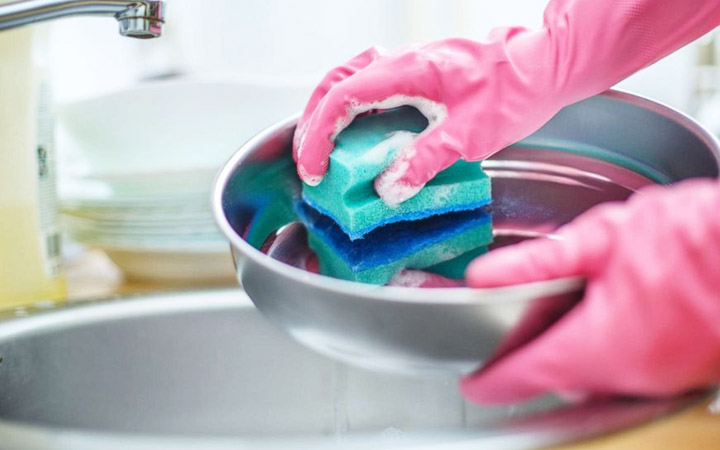 ©ABC News – Go.com
©ABC News – Go.com
According to a 2017 study, the common household sponge carries an enormous amount of bacteria, which can easily be transported to the plates where we put the food we consume. To frequently wash it under the sink can be helpful, but there still will be a great number of bacteria that stays accumulated.
To help decrease the number of bacteria, you can put the sponge in the microwave for a few minutes, throw it with your next wash cycle, or boil (or rinse) with hot soapy water.
Get rid of the residue
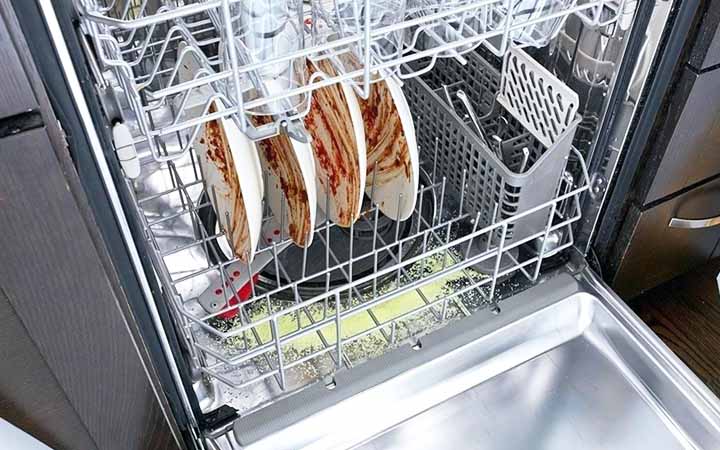 ©Zeroeffort
©Zeroeffort
Many people didn’t know this, but your dishwasher keeps the residues that slowly and gradually build up, leading to a big problem.
If you didn’t descale your dishwasher frequently, the build-up will affect the flow of soapy and hot water, which will obviously affect the cleaning process.
The best way to tackle this issue is by topping your machine up with a little dishwasher salt, as simple as that! You have to find time to do it or you will end up with less hygienic dishes that don’t smell that good.
[ads shortcode=”td_responsive3″]
